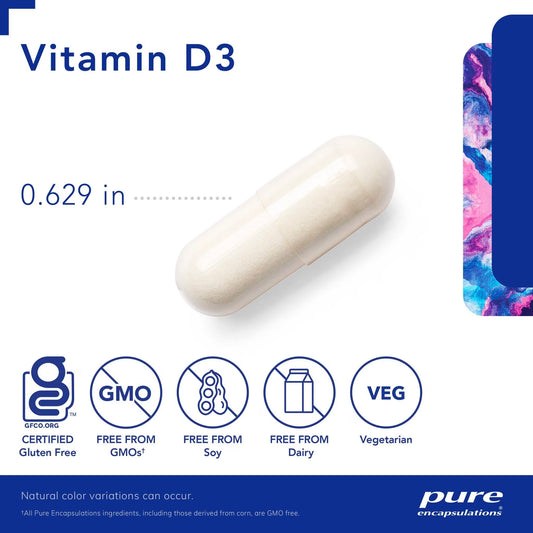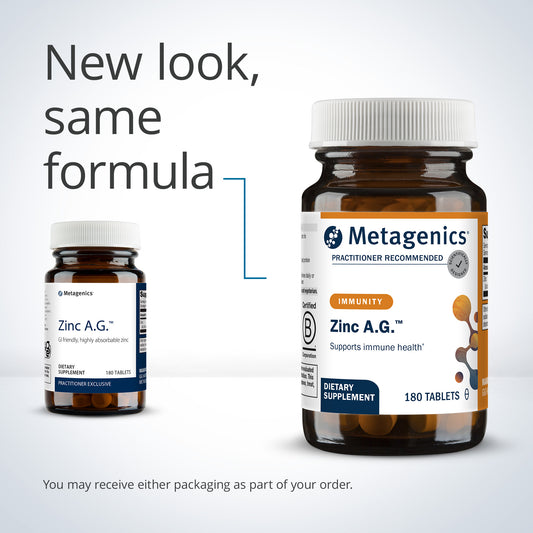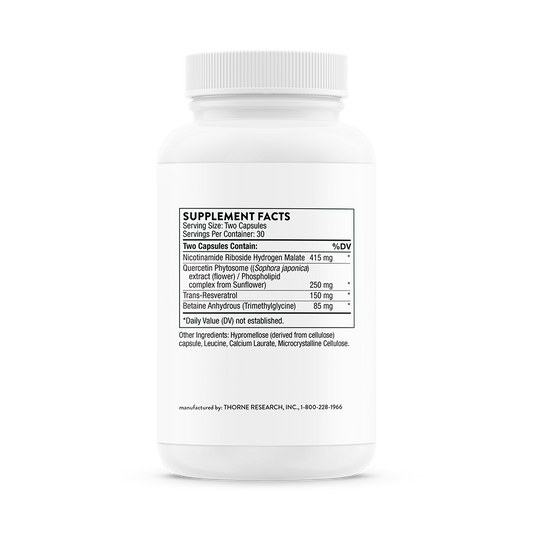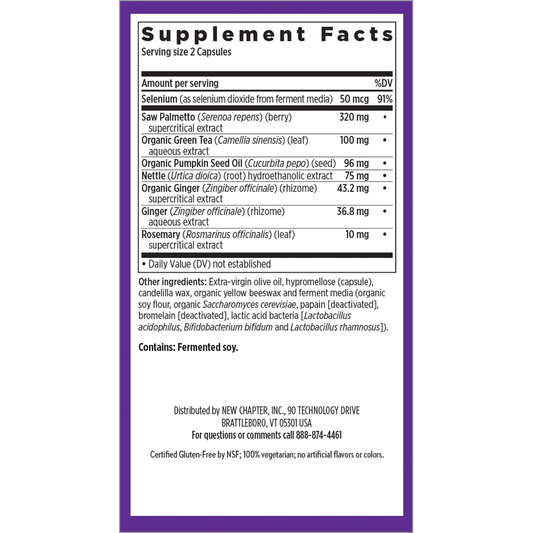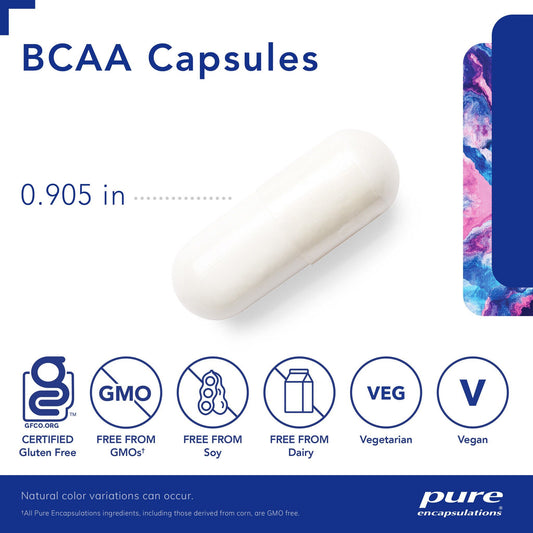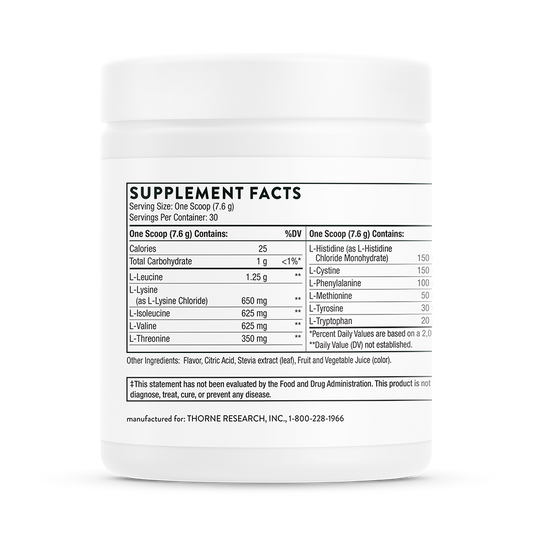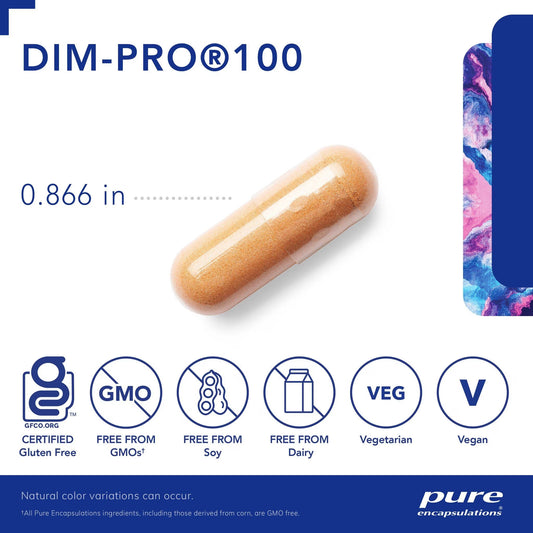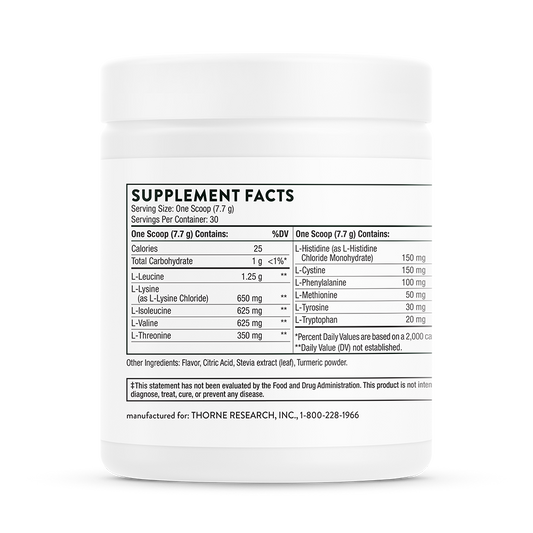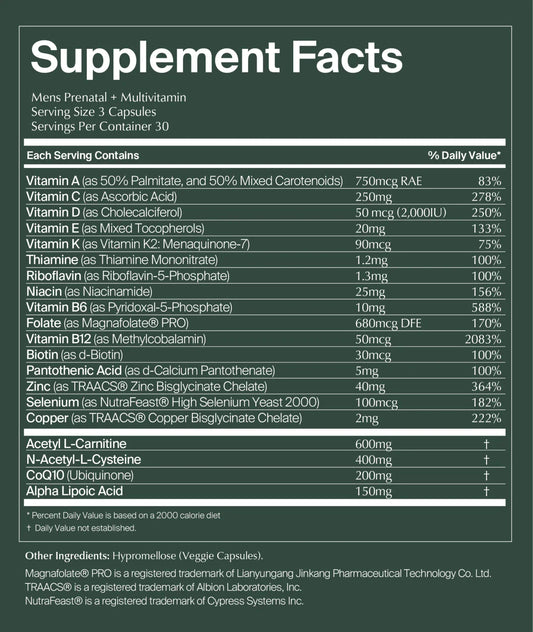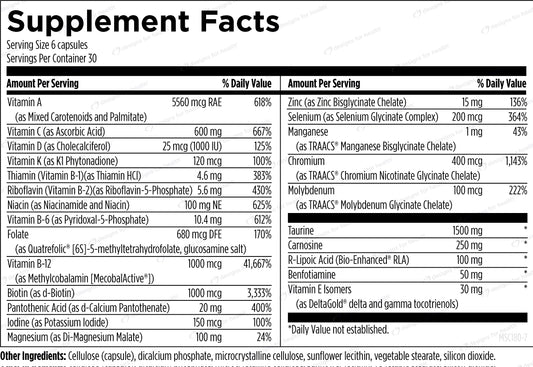Overview
A decrease in libido or difficulty in achieving or maintaining an erection during sex are tell-tale signs of erectile dysfunction, and they can be uncomfortable to address. Sure, aging and performance anxiety are part of the story, but believe it or not, erectile dysfunction is not just about sexual health. It’s often the first clue of bigger health issues.
In this episode of my Health Bites series, I explore the root causes of erectile dysfunction, delving into the limitations of conventional medicine, the little blue pill, and how we can utilize the power of Functional Medicine by making changes to our diet, lifestyle, and even trying things like supplements, peptides, and hormone therapy.
Recommended Lab Testing:
- Sex Hormone Binding Globulin (SHBG)
-
Testosterone:
- Free T: Optimal: > 30 pg/dL
-
Total T: Free T + Bound T
- Optimal: > 500 ng/dL - but reference ranges are < 200 or < 300
- Total can be normal, but can still suffer from symptoms of low T if SHBG is high
-
Estradiol:
- Optimal range: (30-50 ng/dL)
- LH
- FSH
- Prolactin
- HsCRP
- Toxins: heavy metals
- Leptin
- Adiponectin
- HbA1c
-
Fasting insulin
- Optimal: 2-5 uIU/mL
- Stress hormones - cortisol, DHEA
-
Cardiovascular labs
- Lipoprotein fractionation
- Thyroid hormones












